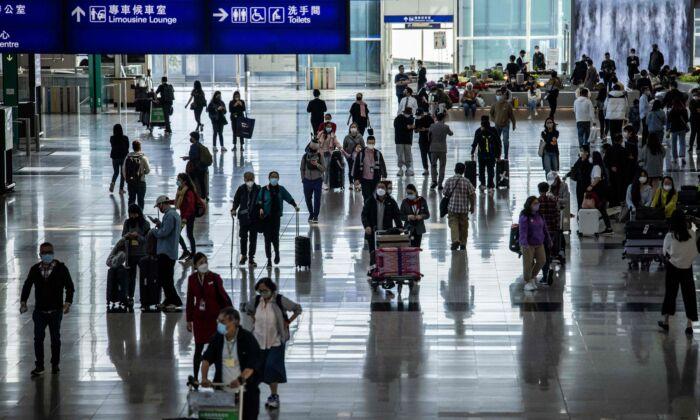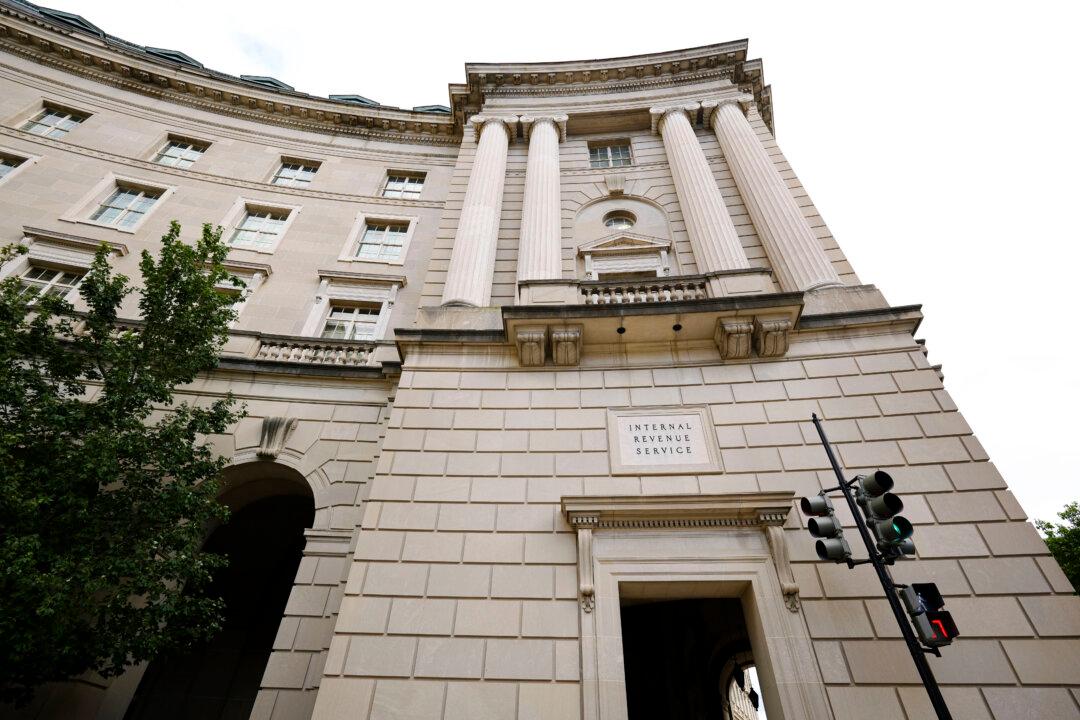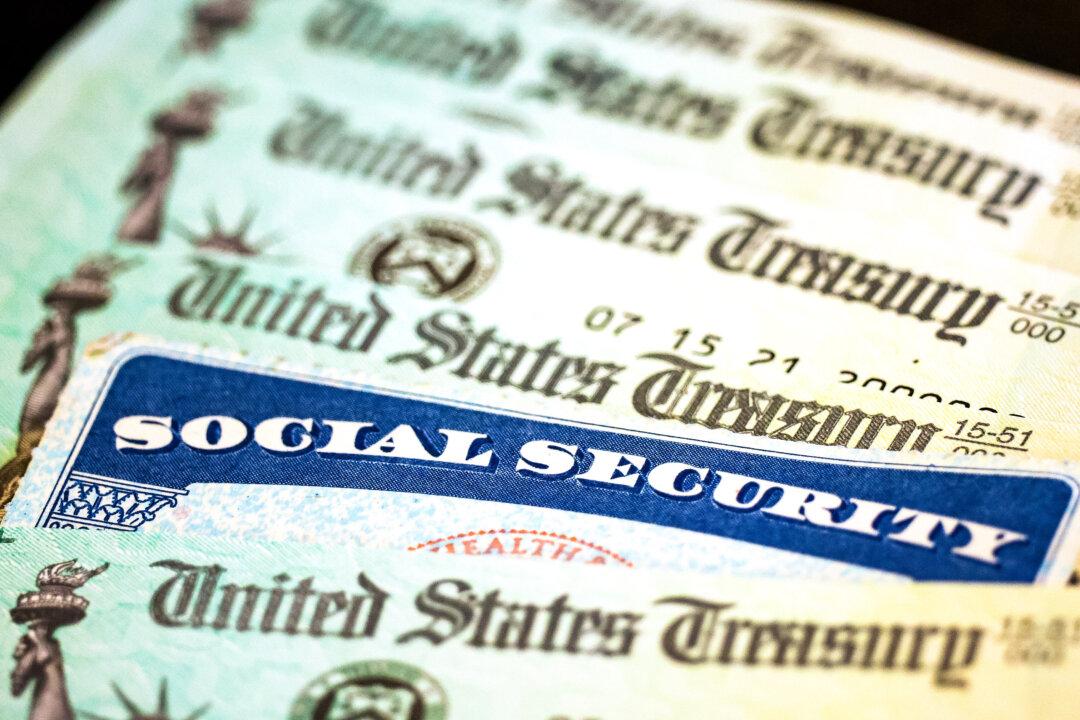China fully opened its borders to foreign tourists on March 15 for the first time since the COVID-19 pandemic, even as certain regions are battling the spread of what officials claim is the flu.
On March 15, Beijing resumed issuing all types of visas. Visa-free destinations such as Hainan Island, popular among Russians, are now open to foreigners. Visa-free entry for foreigners to Guangdong province from Macau and Hong Kong has also resumed, which is expected to be a positive development for the province’s high-end hotels. With the relaxation of visa rules, Beijing removed the last cross-border control measure it had imposed in the wake of the COVID-19 pandemic. Foreigners who received visas before March 28, 2020, can still use them to enter the country.
The updated visa rules come months after the Chinese regime abandoned its draconian zero-COVID policy and amid Beijing’s ongoing coverup of the pandemic death toll.
Residents believe that the Chinese regime is deceiving them regarding the truth about the infection.
“People who have died recently may have been infected with COVID-19 because my aunt died after her lungs turned white. During the funeral, I saw that the crematorium was running 24 hours a day, with too many corpses to burn.”
Testing For COVID-19, Unfavorable View of China
It’s unclear whether foreign visitors will have to provide negative COVID-19 tests or vaccination certificates to enter China.Despite the relaxed visa regulations, potential tourists may not visit the county in droves as expected. The global view of China has suffered a blow during the pandemic period, with Beijing’s secrecy over COVID-19’s origin creating an unfavorable view of the country internationally.
“It’s common to use tourist visas to come to China on business, but I don’t know how enthusiastic institutional investors will be to do so, after all the drumbeat of scary news,” said Duncan Clark, founder of Beijing-based investment consultancy BDA, according to Reuters.
In January, the World Health Organization (WHO) raised questions about China’s death toll.
Holding China Accountable
Republican lawmakers are pushing forward policies aimed at holding China accountable for the COVID-19 pandemic.The United States accounts for almost a million of the more than 6.8 million recorded individuals who have died from COVID-19 around the world. However, the total deaths don’t reflect the actual death toll from China.
On March 10, Senator Josh Hawley (R-Mo.) sent a letter to Chinese leader Xi Jinping asking that he reveal information about the origins of COVID-19.
The letter came after Congress passed the COVID-19 Origin Act that asks the director of national intelligence to declassify any potential links between the Wuhan Institute of Virology in China and the origin of COVID-19.
The number of trips undertaken during this year’s Chinese Lunar New Year was found to have dropped by 924 million compared with pre-pandemic 2019. The massive drop in travel numbers, according to analysts, suggests a significant decline in population on the mainland.






Friends Read Free